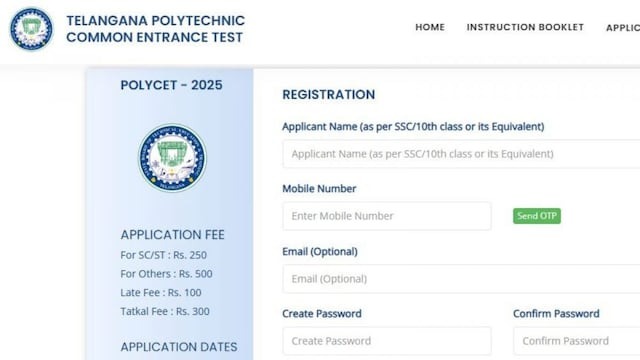
New Delhi (School Education, International Schools) . There are many types of schools in India. Some are government, some are private, some are government aided and some are international as well. Every school has its own specialty. All schools are affiliated to different boards. These days a large number of international schools have opened in some metros like Delhi, Noida, Mumbai, Bangalore. In such a situation, parents are getting quite confused between national and international schools.
According to media reports, there are 900 international schools in the country (International Schools in India). By the 2023-24 session, 4,16,000 students had taken admission in them. The minimum age for admission in an international school should be 3 years. If you too are looking to get your child admitted to an international school this year but are worried about the decision, then know the 5 benefits of studying here from Dominic Tomalin, founding headmaster of Shrewsbury International School India.
Benefits of Studying in International Schools:
There are about 900 international schools in India. Their number will increase in the coming years. With the increasing demand for global education, the demand for international schools is also increasing. India, the most populous country, also has a top class education system. Now people from all over the world have settled in India for jobs or business. Along with them, Indians also get their children admitted to international schools to provide them with a future-forward curriculum and a background of multidisciplinary learning.
1. Multi-culture will open the global path
The syllabus of international schools is focused on learning and understanding rather than memorizing. Here students are given an environment full of various resources. In international schools, the number of students in each class is limited, which makes it easier to pay attention to each child. These schools promote multi-culture. This helps students to evolve as global citizens. Here, along with studies, life skills are also focused on.
2. Infrastructure is the best.
The teaching methodology in international schools is different from other schools. There is a difference in the infrastructure of classrooms, labs, sports facilities, library and digital zone as well as electronic resources. This kind of learning environment is considered to be quite balanced. In such an environment, children get ample opportunity to follow their passion along with studies and skill development. This is necessary for overall growth.
3- You can learn many languages
Students get a chance to learn many languages in international schools. These days, most schools give the opportunity to choose a foreign language from class 6 itself. Students settled in India from different countries study in international schools. Learning any language other than their mother tongue leads to greater intellectual development of the student. This develops analytical and communication skills as well as problem solving skills. Also, it becomes easier to get admission in a foreign university in the future.
4. Admission to a global university will be easy.
For students who want to get admission in a foreign university in the future, studying in an international school is the best option. The English national syllabus of an international school prepares the student for the Cambridge International IGCSE exam. Passing these exams is necessary for entry into A level courses and admission in top global universities. Along with science and math, subjects like computing skills and design & technology, astronomy are also taught here.
5. Focus remains on practical learning
The teaching concept of international schools is different from the chalk and talk model. They are known for practical learning. Here children are encouraged to ask questions and be curious. International schools focus not just on results but on the overall development of the child. They are included in academic societies, field trips, internships and community service. Overall, the entire system here is similar to the model of foreign schools.

 Desk
Desk Share
Share






